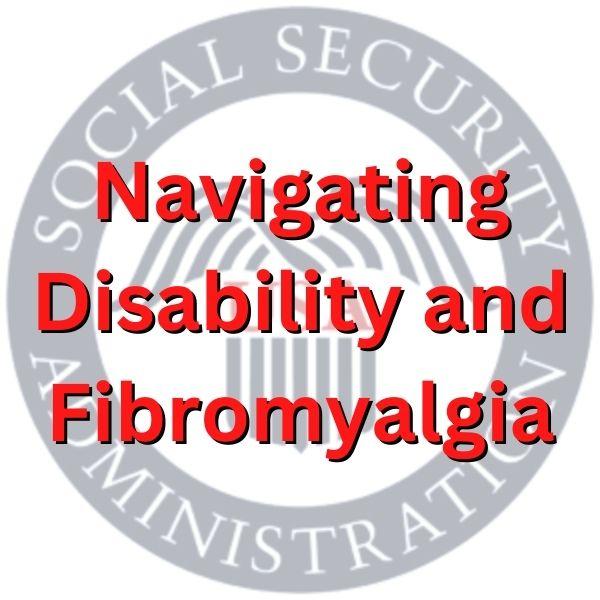Despite fibromyalgia being a common condition, it is often misunderstood and can make it difficult for individuals to navigate the process of seeking disability benefits and accommodations.
 The first step in seeking disability benefits for fibromyalgia is to understand the criteria used by the government to determine eligibility. Generally, the government uses the criteria outlined in the Social Security Administration’s “blue book,” which lists specific impairments that qualify for disability benefits.
The first step in seeking disability benefits for fibromyalgia is to understand the criteria used by the government to determine eligibility. Generally, the government uses the criteria outlined in the Social Security Administration’s “blue book,” which lists specific impairments that qualify for disability benefits.
Fibromyalgia is not included in the blue book, but individuals may still be able to qualify for benefits if their symptoms meet the criteria for a listed impairment or if their symptoms are severe enough to equal a listed impairment.
One important factor in seeking disability benefits for fibromyalgia is the documentation of symptoms. Individuals should keep a detailed record of their symptoms, including the frequency, duration, and severity of pain, fatigue, and other symptoms. This documentation should also include any treatments that have been tried and the results of those treatments.
 A doctor should also give a detailed report of their diagnosis and treatment, as well as any objective test results that support the diagnosis of fibromyalgia.
A doctor should also give a detailed report of their diagnosis and treatment, as well as any objective test results that support the diagnosis of fibromyalgia.
People with fibromyalgia may need more than disability benefits to be able to keep working. They may also need adjustments at work. The Americans with Disabilities Act (ADA) requires employers to provide reasonable accommodations to employees with disabilities, including those with fibromyalgia. Examples of accommodations include flexible scheduling, adjustments to work duties, and assistive technology.

It is important to have an open and honest conversation with your employer about your needs and what accommodations would be most helpful for you.
It is important to note that the process of seeking disability benefits and accommodations can be lengthy and complicated. Individuals with fibromyalgia may face additional challenges in navigating the process due to the lack of objective test results and the need to provide detailed documentation of symptoms. It is essential to have patience and to be persistent in advocating for oneself.
 In summary, Fibromyalgia is a chronic condition that can make it difficult to navigate the process of seeking disability benefits and accommodations. It is important to understand the criteria used by the government to determine eligibility for disability benefits, to keep a detailed record of symptoms, to have a healthcare professional provide a detailed report of their diagnosis and treatment, and to be persistent in advocating for oneself when seeking accommodations in the workplace.
In summary, Fibromyalgia is a chronic condition that can make it difficult to navigate the process of seeking disability benefits and accommodations. It is important to understand the criteria used by the government to determine eligibility for disability benefits, to keep a detailed record of symptoms, to have a healthcare professional provide a detailed report of their diagnosis and treatment, and to be persistent in advocating for oneself when seeking accommodations in the workplace.
Individuals with fibromyalgia may face additional challenges in navigating the process, but with patience and persistence, it is possible to achieve the necessary support to improve the quality of life.



